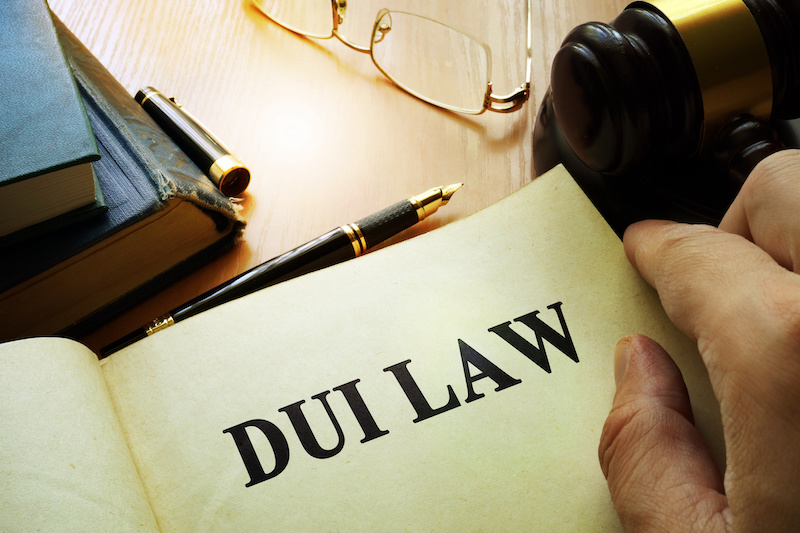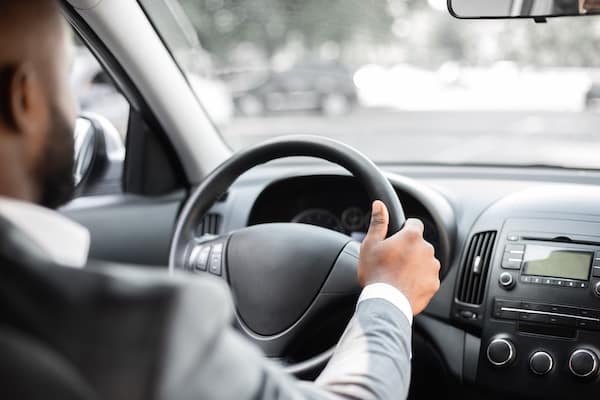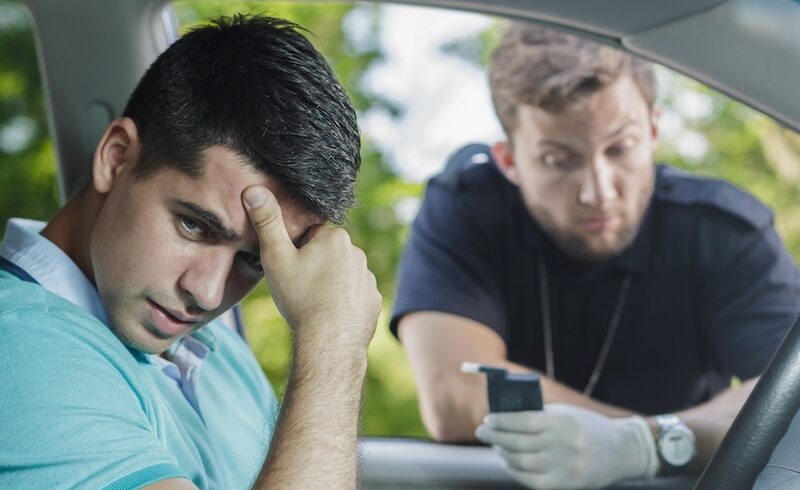
A DUI charge does not necessarily mean you were drinking and driving. It can include driving while under the influence of prescription medications, or even over-the-counter ones. However, the penalties are usually the same for each infraction.
Whenever you have been charged with DUI, whether it is for alcohol or for medications, trying to have the charges reduced is a good idea for your criminal record.
While it’s possible to have the charge reduced on your own, you will see far more success with the help of an attorney.
Finer Points to DUI Charges
If an officer pulls you over for suspicion of a DUI, you can be charged even if you refuse to blow into the breathalyzer. In fact, if you do choose to provide a breath sample, and register below the legal limit, you may still end up with a DUI.
How is that possible?
It’s up to the officer’s discretion as to whether or not you are under the influence, because illicit substances and over-the-counter drugs do not show up on a breathalyzer. Therefore, it can be difficult to prove impairment. Should the officer receive a warrant for a blood test, over-the-counter drugs are unlikely to appear.
However, if you admit to having taken ANYTHING that could slow your reaction, the charges might stick. Keep this in mind if you are ever pulled over for a DUI.
Reckless Operation
The first few days after receiving a DUI can be a scary and anxiety-inducing time. You’re probably unsure of what will happen, if there will be jail time, and whether you can afford the fees and fines.
At this point, it can be a waiting game. Meeting with an attorney is ideal, as they can advise you if your case is eligible for a reduced charge.
Typically, this reduced charge is reckless driving of a motor vehicle. The penalties for this type of ticket are less severe than a first offense DUI, but are serious, nonetheless.
Attorneys that specialize in DUI cases are competent at negotiating a plea of this nature. It is much easier for them to obtain a lesser charge if you have no other criminal or traffic violations. It is also a possibility for those charges that involve over-the-counter medicines, or illicit substances that don’t register through a breathalyzer.
Begin Working
We’re not talking about working at your job, we are talking about community service and classes. While there is no guarantee that the prosecutor will agree to dismiss your charge, or even lessen it, being proactive will typically go a long way toward a favorable sentencing.
Therefore, it is a good idea to find out what classes you will need to take if you were to get convicted and to start performing community service. Find out beforehand which vendors and non-profits are acceptable to the court. If this is a second offense DUI, consider getting an attendance slip signed at 12-step meetings if you quality as a Level III-Dependent.
The attendance slip may not count toward required hours or classes, but it will show the court that you are trying to straighten out your life. It also shows good faith and remorse.
Argue Probable Cause
Being pulled over without probable cause, means you have a chance to fight your DUI. Proving an officer did not have probable cause can be difficult, but with the help of an attorney, it is possible.
Probable cause to pull someone over can include crossing the marked lines of a roadway, failure to signal, improper lane usage, illegal turns, driving without your headlights on, a broken brake light, or even driving too slowly. This list of probable causes can continue forever, which means it’s important to think about the night in question, remembering any details possible.
A competent attorney will ask your recollection of the event, and then file motions to receive all videos associated with your case. These videos can be from the officer’s dashboard camera as well as any recording device the officer may have used.
The video from the dashboard camera will likely show your field sobriety tests as well. This means that if you passed with flying colors and were still arrested, there is room for negotiation of the charges.
Get Sober
A first offense DUI is usually seen as an irresponsible mistake. A second or a third offense DUI could mean that you have a substance abuse problem.
Third offense DUI cases are a felony in the state of Illinois, which means much harsher punishment. This punishment will include longer jail sentences and higher fines.
No matter if this is your first DUI, or your third, it is important for you to NOT receive another. Choosing to continue to drink and drive may land you in prison.
With that said, it is advisable (especially if this is a second or third offense) to consider a drug or alcohol rehabilitative program. Beginning to work on community service and classes is important but putting forth the effort to remain sober will likely cause the judge to see you in a favorable light.
Working toward sobriety may help you refrain from any more trouble while you wait on your case to finish.
The Right Attorney for the Job
We know there are numerous attorneys available to help with DUI cases. However, not all of them have the amount of experience with reducing DUI charges and sentences.
Some people may attempt to fight a DUI on their own due to attorney costs, but this isn’t ideal. Most people who opt for this route end up spending more money on class fees, fines, and other necessary expenses than they would with an attorney.
In addition to this, a DUI could cause you to have a suspended or revoked license. This creates a real problem for people with families or those that need to work. We can help ensure that you are able to legally get to and from work or family obligations.
If you have been convicted of DUI charge in Illinois and need help having your license reinstated from a suspension or revocation, contact us to help get you back on the road.


